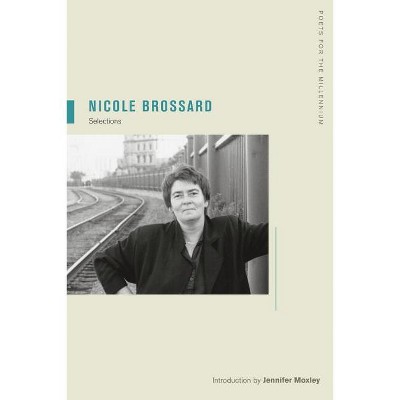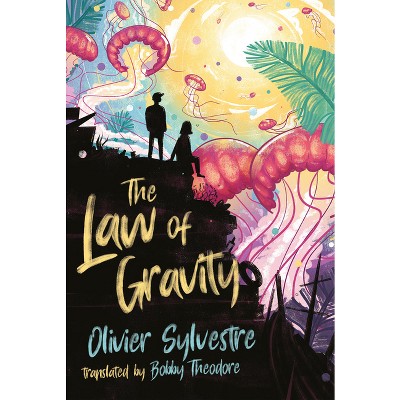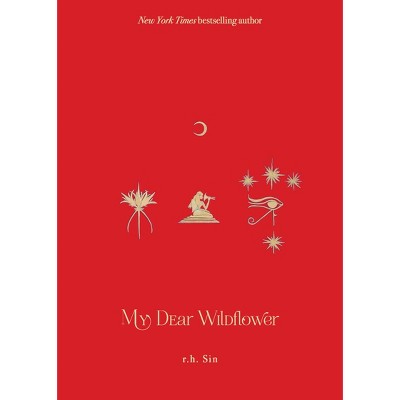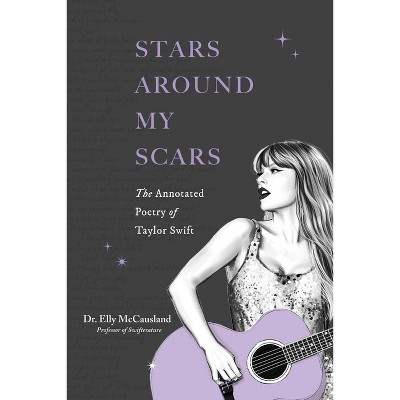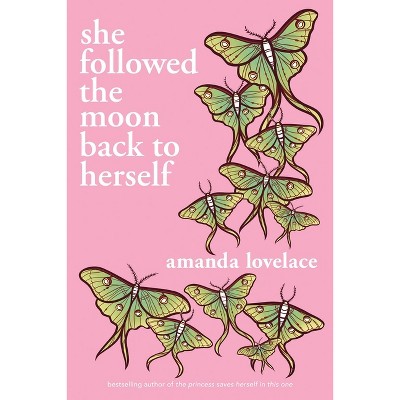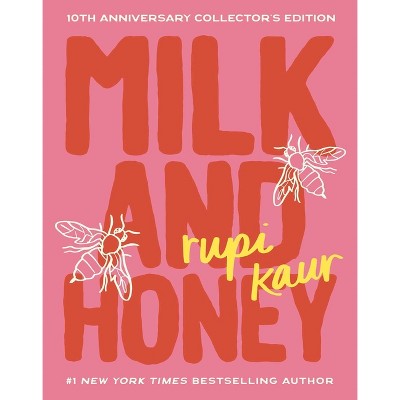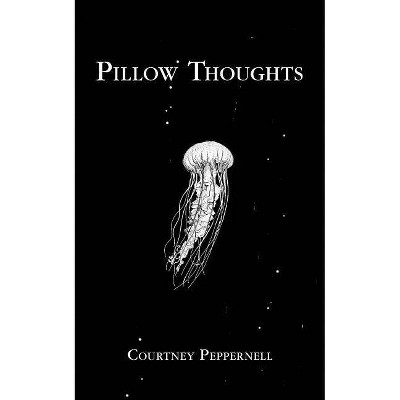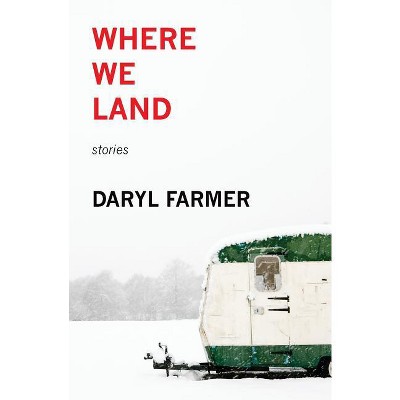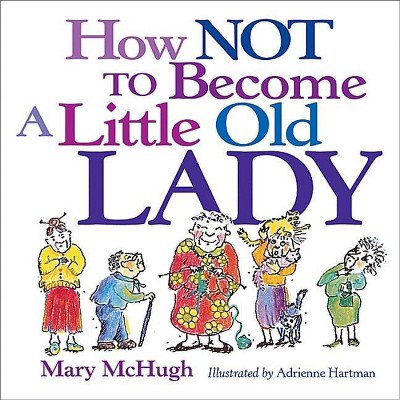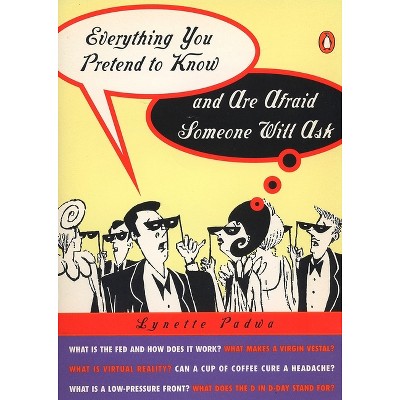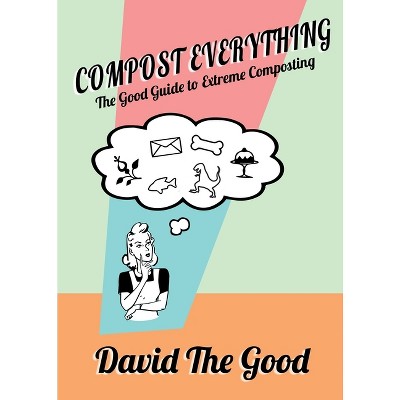Sponsored

Everything has become birds - by Peter Grandbois (Paperback)
In Stock
Sponsored
About this item
Highlights
- The history of our relationship with mental illness is the history of silence.
- Author(s): Peter Grandbois
- 104 Pages
- Poetry, American
Description
About the Book
The poems in this book grew out of an attempt to give voice back to those who have suffered from mental illness, to allow them to speak about their experience in their own words.
Book Synopsis
The history of our relationship with mental illness is the history of silence. Everything Has Become Birds is an attempt to change that. For centuries the mentally ill have either been locked up, driven out of cities and towns by whip and lash, sterilized, lobotomized, and euthanized. The catalogue of horrors rivals the worst of humanities abuses and yet comparatively little has been written about it. How often the victims were silenced, told their pain wasn't real, their illness wasn't an illness at all but demonic possession, the result of "unnatural" urges, or a fault in their character. And yet, the history of mental illness is rich with geniuses who were not allowed to talk about their illness or feared to. Scientists and artists like Sir Isaac Newton, Beethoven, Leonardo Davinci or Vincent Van Gogh. Writers and philosophers such as Frederich Nietszche, Virignia Woolf, Ernest Hemingway, and Edgar Allan Poe. The poems in this book grew out of an attempt to give voice back to those who have suffered from mental illness, to allow them to speak about their experience in their own words then use the poems to create a dialogue that opens the reader to our shared humanity and the fact that, as the Cheshire Cat reminds us, "we're all mad here."
Review Quotes
Like a lush, inescapable fever dream, Peter Grandbois' haunting new collection, Everything Has Become Birds, paints an intimate portrait of uncertainty and madness as heard through the open-throated song of nature and of religious iconography. At once laconic and deeply musical, Everything Has Become Birds gathers together our ghosts, our silences, our wounds, our darkest woods, and acts as witness to our inescapable frailties. In his poem, "Too much world to hold", Grandbois both celebrates and laments our grand part in this grand, unknowable scheme: "Remember, you are bigger than the hand of God, which only holds so much dripping." Like few contemporary poets can, Grandbois weaves reverence, doubt, and unabashed awe into a philosophical treatise that, through all its suffering, shines with simple grace.-John Sibley Williams, author of As One Fire Consumes Another
Emily Dickinson said, "Tell all the truth but tell it slant," and she may as well have been describing the poems of Peter Grandbois' new book, Everything Has Become Birds. A lush poetry of pure attention, poem after poem serves as a figurative record of human perspective, of nature explored so as to better understand the self, broken or fractured as it may be. "What can we do / but run /through / this dark labyrinth...." This book carries a fierce desire to commune with silence and sound, darkness and light, finite and infinite. "I might speak of the thick river of bees / that runs within like a line of leaves / through autumn's waning light." Ever alert to the wonders of sentience, the miracles of the everyday, Peter Grandbois' collection sings the wound like few other have. This is a brilliant and deeply human book.--Christopher Salerno, author of Sun & Urn
"There is no relief from being/ God," Peter Grandbois writes, a declaration comparable to the great lines he invokes in Everything Has Become Birds to trace across the centuries the arc of madness. It is not all ascent, nor descent, but a flight of every stabilizing force. We who want more than we can get and who have more than we can take will find here the reason why the ground between sense and senselessness shifts. For, when reason cannot comprehend the mystery, we must venture beyond reason."--Amy Wright, author of Everything in the Universe

